When former FBI Director James Comey testifies before the Senate, everything in Washington will stop. There will be inevitable comparisons to the dramatic testimonies from 44 years ago during the Watergate scandal that brought down President Nixon. But Comey’s testimony will be only the opening salvo in what could be a long and drawn-out saga. In Breach of Faith: The Fall of Richard Nixon, the famed chronicler of presidents Theodore White wrote of the Watergate scandal: “Press story fathered investigation, investigation fostered official discovery; discovery fostered more leaks which fostered more investigation.” As we’ve already seen, the cycle he described applies to the unfolding of this scandal as well.
But while Comey’s testimony may implicate President Trump in possible obstruction of justice it will not answer the bigger question—obstruction of justice over what? At the end of his testimony, we are still unlikely to know what this whole Russia thing is about. If there is a fire at the center of all the smoke that has been created by President Trump and his associates, we may have to wait until someone on the inside decides that it’s time to gain immunity from prosecution and tell the story.
Forty-four years ago, that person was a young man named John Dean, counsel to President Nixon. When he appeared before the Senate Committee investigating Watergate, it took an entire day for him to read a written statement to Congress and to a spellbound nation. (You may have seen him on television recently, grey-haired now and called out of retirement to comment on Russiagate.)
As a young man, Dean had been counsel to the president. He had a front-row seat to just about everything the president was trying to hide: from the “plumbers unit” within the White House which used the Internal Revenue Service and the FBI to harass the president’s enemies, the burglary of the Democratic National Committee’s offices, and the hush money paid to the Watergate burglars in hopes that they would not implicate the White House on their way to jail. As the Nixon Administration dug itself deeper and deeper into illegal activity, Dean became more and more uncomfortable with what he was doing and with what he was being asked to do. As efforts to contain the scandal failed and the president came closer to being implicated, Dean understood that he was being set up to be the fall guy. By the spring of 1973, he began negotiating for immunity from prosecution.
His subsequent testimony was explosive because it connected all the dots and, in doing so, placed responsibility for the cover up squarely at the feet of the president of the United States. But of course, it was still his word against the president’s word.
Until, July 16, 1973. That’s when Alexander Butterfield, a White House staffer, was asked if there were any listening devices in the Oval Office. The answer was yes. And with that revelation, the entire system snapped into action in order to get the tapes, confident that the answer to Senator Howard Baker’s famous question: “What did the president know and when did he know it?” would be answered on those tapes. As Theodore White wrote, “Without the tapes there was no evidence against the president personally except John Dean’s word.”
It took another year before the tapes were turned over and Nixon was found to have authorized the cover up. The president resigned before a certain impeachment vote in the House and a certain conviction in the Senate.
Comey may or may not know the full story of the Trump campaign’s potential involvement with Russia, but he will not be at liberty to tell all—anything pertaining to special counsel Robert Mueller’s investigation is likely classified or too sensitive to reveal. And there may not be much of a story to tell. The entire Russia story could turn out to be the inept and naïve moves of a group of people with little government experience. But if there is a story to tell, someone on the inside will eventually tell it. Jail has a way of getting even the most loyal men to talk. Just ask John Dean.
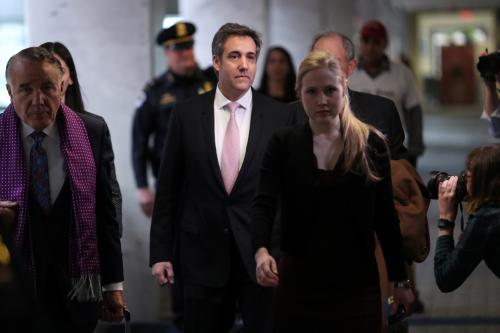
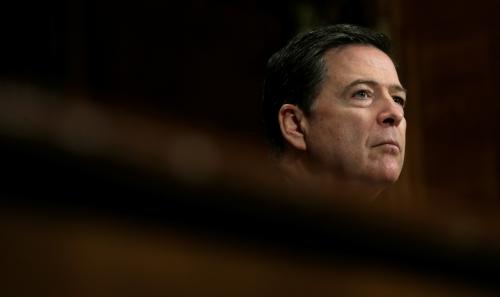
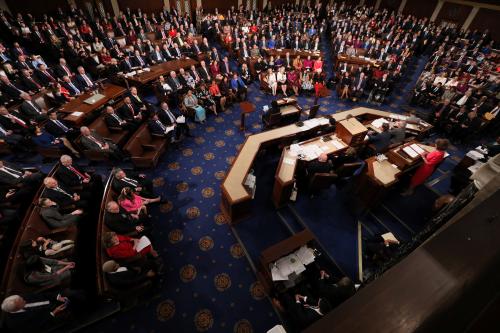
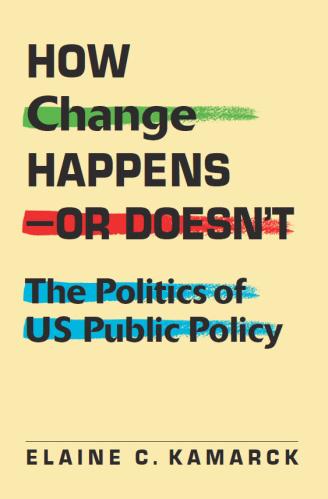

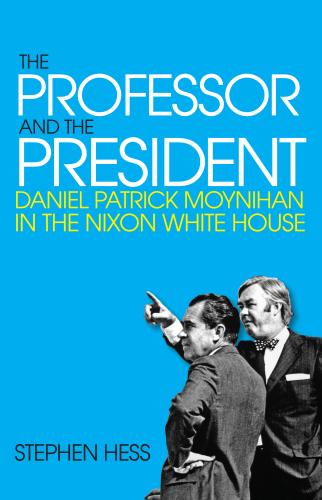




Commentary
Why the Comey testimony won’t tell us all we need to know
June 7, 2017